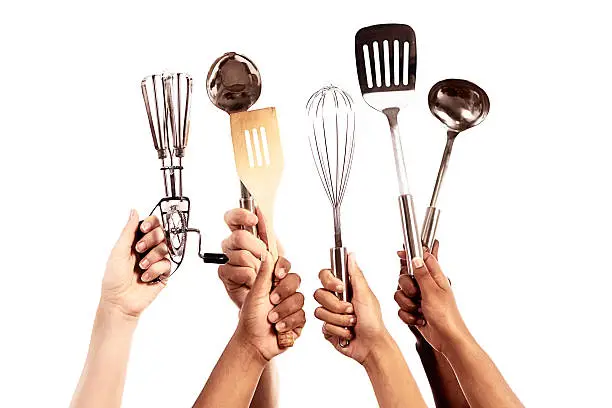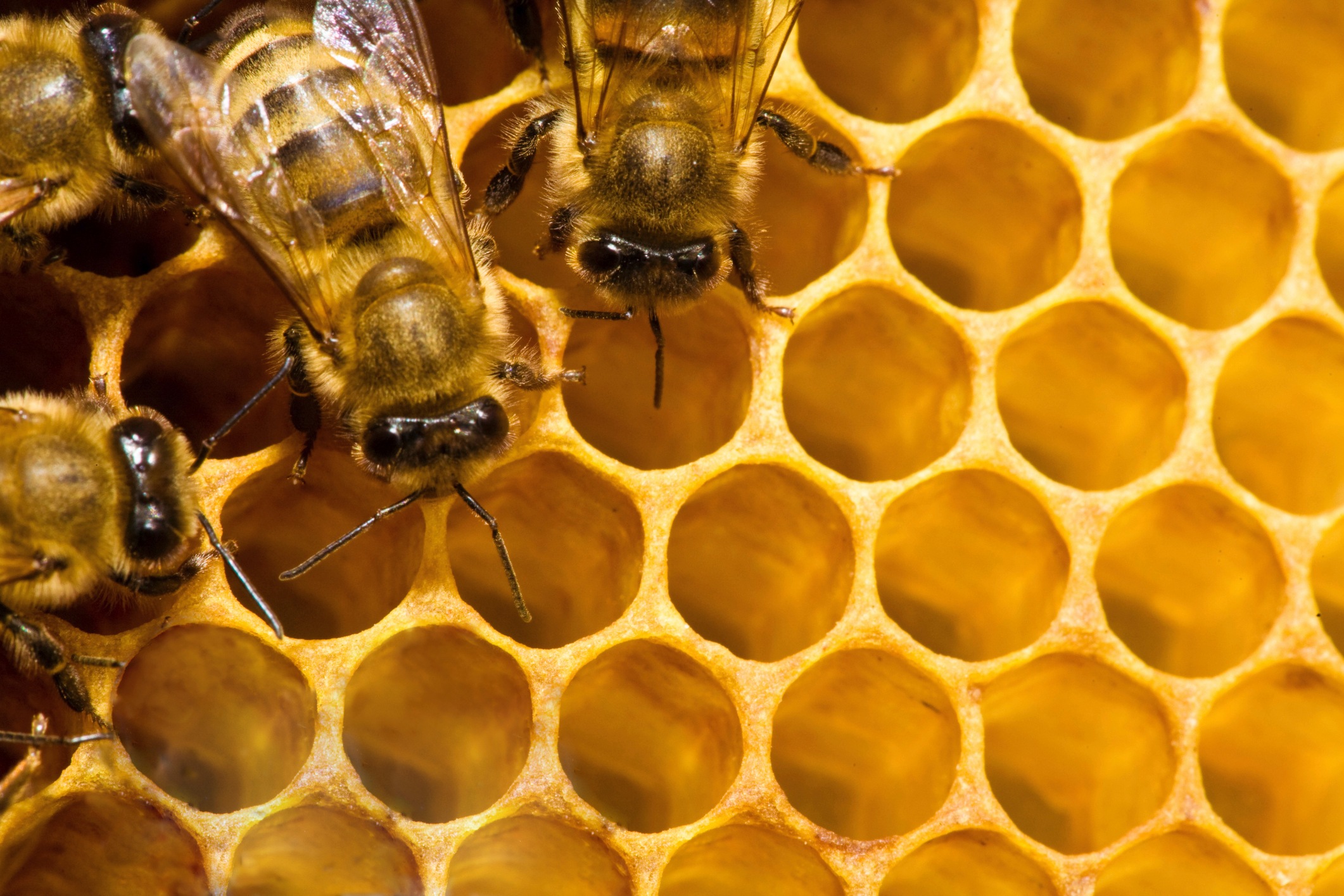
Written by JVS Board Member Michael Freedman
As a Jewish vegetarian of more than 60 years and a bee-keeper for 30 of these, I read with great interest the article by Naomi Pfefferman which appeared online on the Jewish Journal recently. I respect that vegans may choose to abstain from eating honey or use other hive products.
Beekeeping has been around since biblical times. It gets mentioned throughout the Torah, the one I like most is in the Song of Moses “ And he made him to suck honey out of the crag” Deuteronomy XXXII, verse 13.
In the wild, bees would occupy a hollow in a tree or cavity in a rock, as described above.
The size of a colony is not infinite as it depends on the size of the nest and the capacity of the queen bee to lay eggs, with sufficient worker bees to tend the brood and provide provender for the hive. A small colony of bees, say up to 20,000 is unlikely to provide a surplus of honey, let alone survive the winter, so there would be little point in cramming bees into small cramped spaces.
Bees are truly wild creatures and their life cycle, habits, pests and diseases have been studied more than any other in entomology. None of these studies advocate cruelty.
Bees are free to come and go from their nests and certainly would not tolerate harsh treatment or being confined.
To become a bee-keeper one must have a great love of the bee and recognise its needs and requirements if they are going to remain in an apiary. So all hives are going to be sufficiently large to accommodate the bees both in summer and winter when they need to keep warm by clustering. In modern bee keeping this is achieved by adding extra boxes when required by the bees and removing surplus space when the colony needs to be more compact.
Bees cannot be forced to visit some flowers and not others. They have the ability to chose where the flora is yielding the most productive source of nectar and pollen for them to stock their larder. Honey bees do not flit from one flower species to another, rather they are “flower faithful” which means that they stick to working on the flower that is producing best, be it the season or even the time of day. They have a very advanced language, which we are only realising the extent of how they can pass on information, very precisely, so in the morning all the foraging bees may be visiting apple blossom and in the afternoon some other plant as the nectar flow varies.
The pests and diseases of bees visit both colonies in the wild as well as in the apiary. In universities and scientific establishments around the world, top biologists are meticulously working to find ways to treat problems that bees may encounter with the preference always on natural cures.
Without some help our honey bees might disappear altogether, with catastrophic results to the pollination of food crops. So the loss of the honey bee could bring about starvation and crop failure.
Historically bees were kept on straw skeps and many were destroyed to obtain the honey. However this cruelty was unnecessary and great bee keepers down the centuries propounded humane ways to obtain the honey surplus without the need to kill bees. With the advent of the movable comb hives around 1850, there was no excuse or need to kill bees as only live bees make honey.
In thirty years of successful bee keeping I never intentionally killed a bee.
Yes, agricultural practices are a great problem to wildlife and the mass production of food on a commercial scale brings with it many problems of land management and insecticides, whislt the bee-keeper is a voice speaking out for the welfare of bees and ultimately all wildlife and human welfare.
So do not eat honey if that is your choice, but without the bee-keeper we would not have bees and much harm would be done to our ecology.















